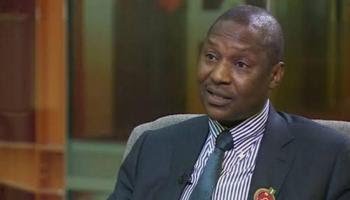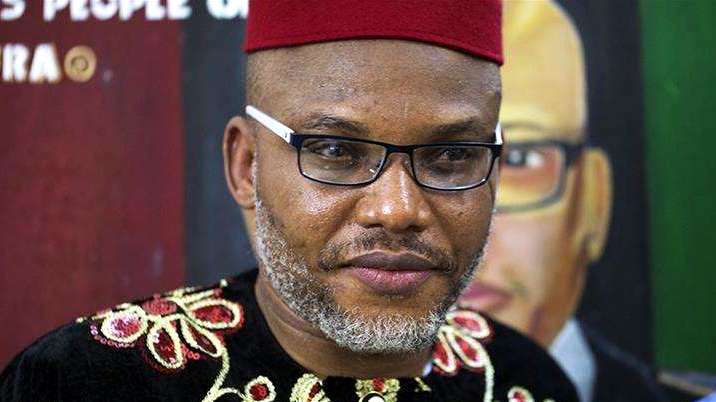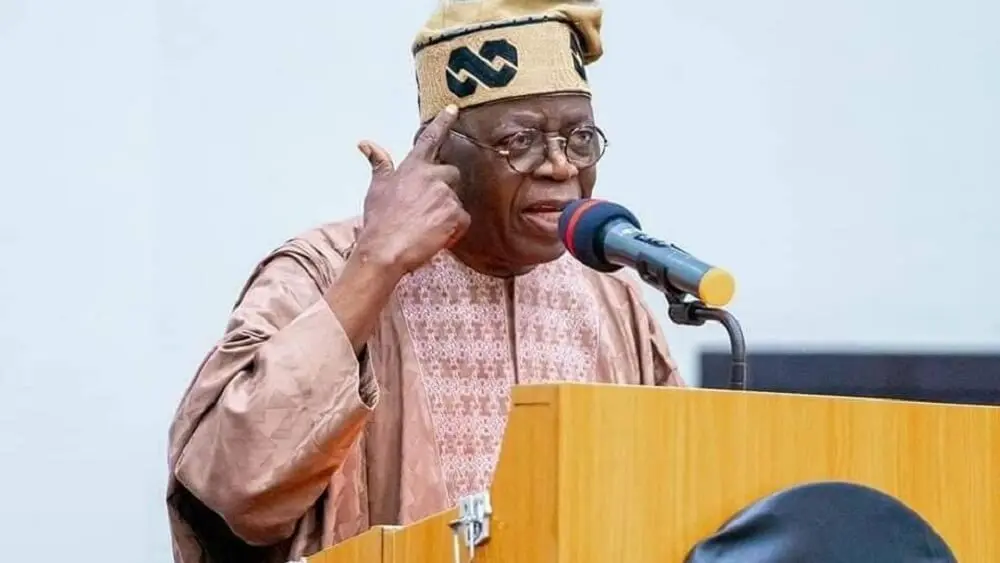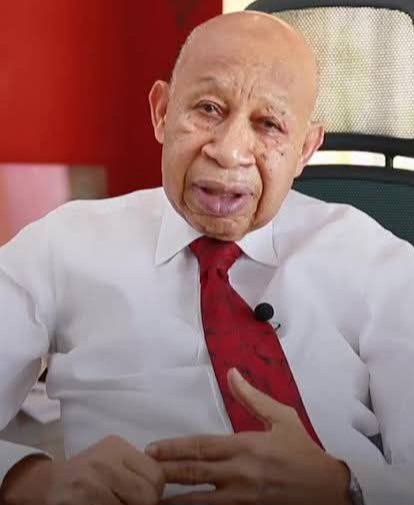Climate Change: Nigeria Will fulfill Commitments As It Works Best For Nigerians —Osinbajo
The federal government, on Friday, said it would keep its Climate Change commitments, and at the same time focus on how to do that in a way that works best for the needs of the Nigerian people.
This was one of the major points emphasized by the Vice President, Professor Yemi Osinbajo (SAN), when he received on a courtesy call, a delegation from the World Bank-led by its Managing Director of Development Policy and Partnerships, Dr. Mari Pangestu, as well as its Country Director for Nigeria, Shubham Chaudhuri.
According to a statement issued by Senior Special Assistant to the President on Media and Publicity, Office of the Vice President, Laolu Akande, Professor Osinbajo also interacted with officials of the International Monetary Fund (IMF) on the IMF Article IV bilateral consultations.
The Vice President has been advocating for a just transition to global net-zero emissions, particularly calling on multilateral agencies, and western countries to stop the planned defunding of fossil fuels/gas projects in developing countries as part of the energy transition plan towards the global net-zero target by 2050.
At both meetings with the World Bank MD and IMF officials, Prof. Osinbajo again noted that Nigeria remains committed to helping to reduce global greenhouse emissions, even as the needs of Nigeria and other developing countries should also be taken into account.
“I think it is very important, at least this is what we are trying to do, to keep our sights on what would work for the majority of our people.
“The truth, of course, is that we have fossil fuel resources, we have all of that, but we have energy issues, distribution, and quality of access to energy, as well as clean energy.
“So, those are the issues; access to energy and education, then renewable energy, and how to be able to move quickly enough in terms of putting renewable energy in place,” the Vice President said.
The IMF Article IV Consultation Mission team was led by Ms. Jesmin Rahman, Mission Chief for Nigeria at IMF. The consultations based on the IMF’s Articles of Agreement involve bilateral discussions between a member country and the IMF. An IMF staff team “visits the country, collects economic and financial information, and discusses with officials the country’s economic developments and policies.”







